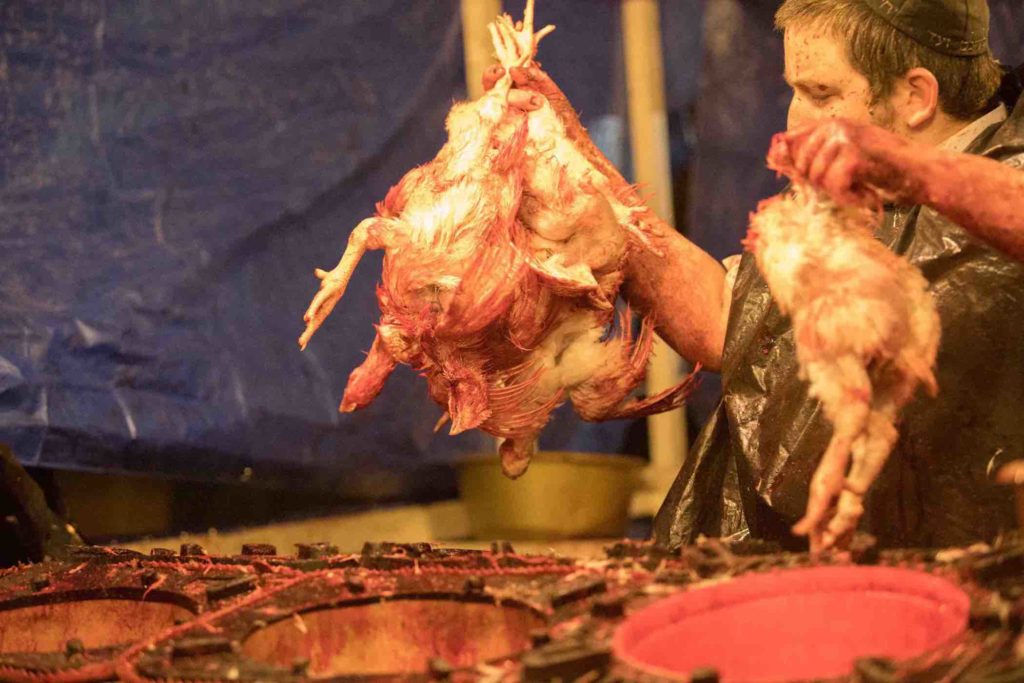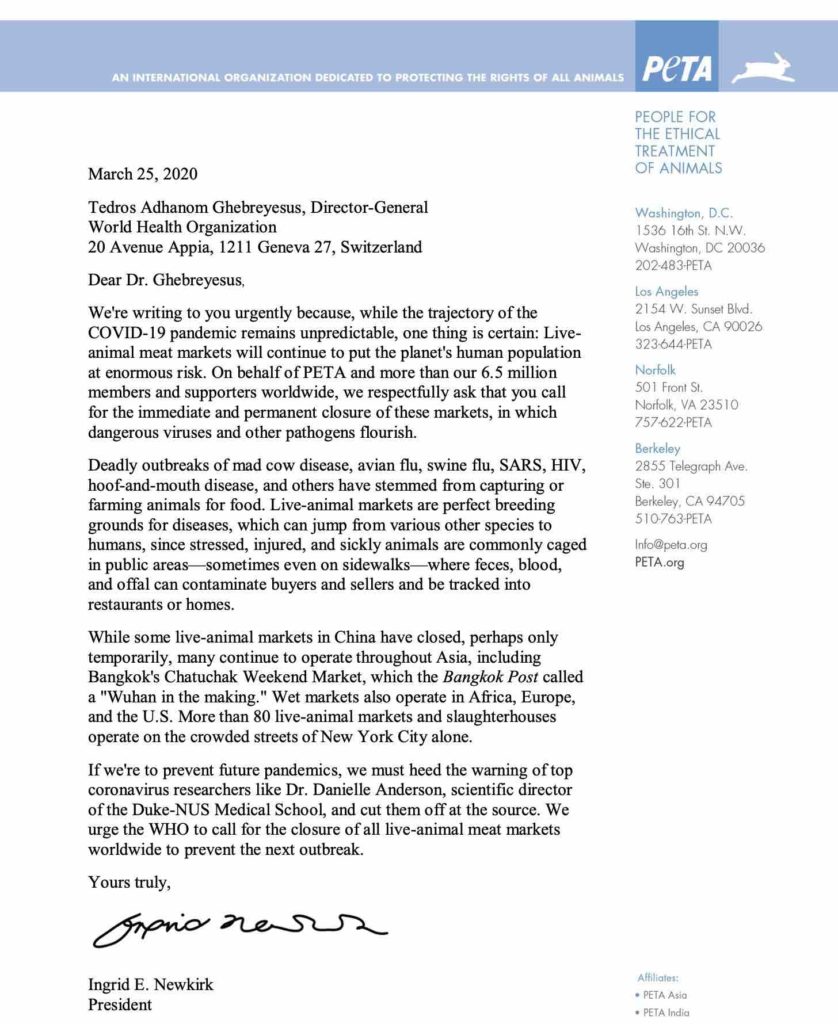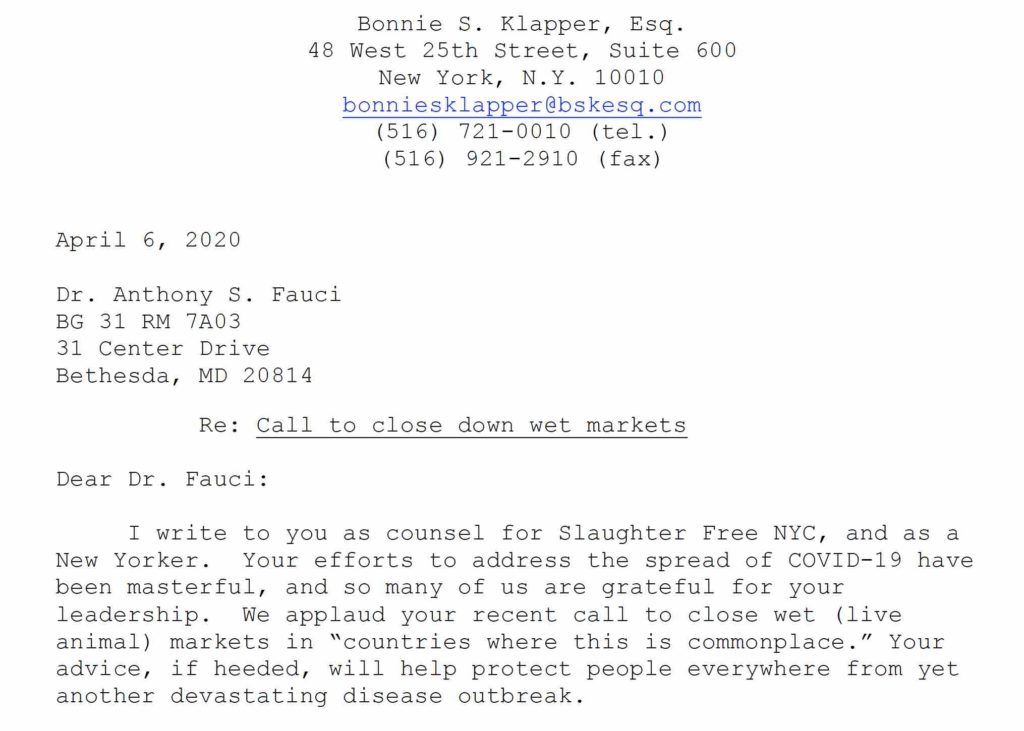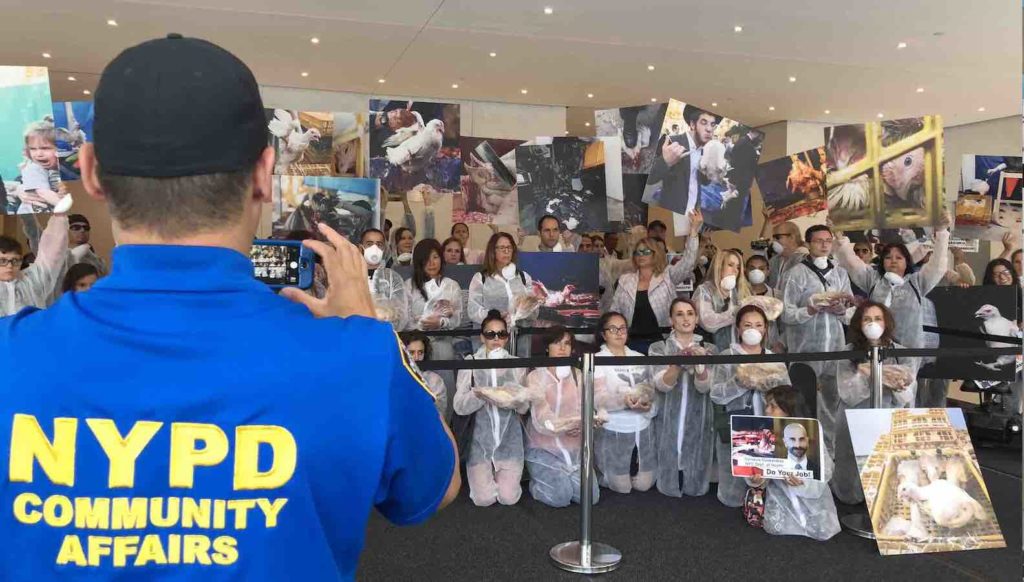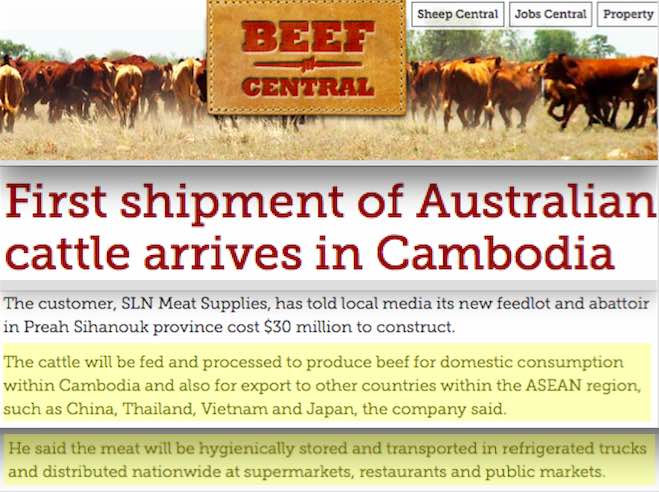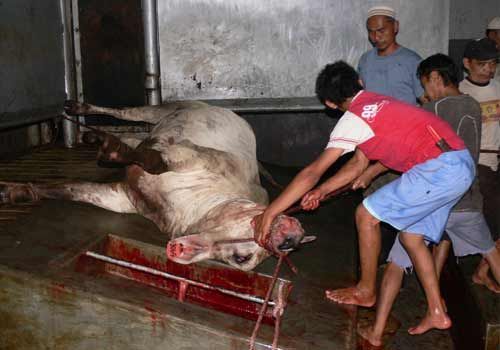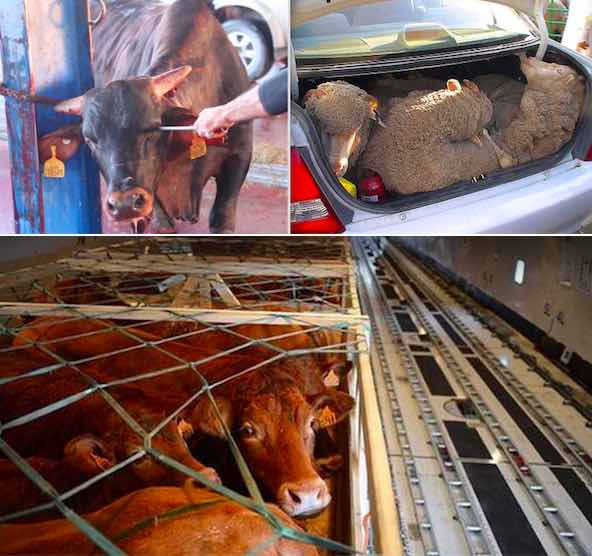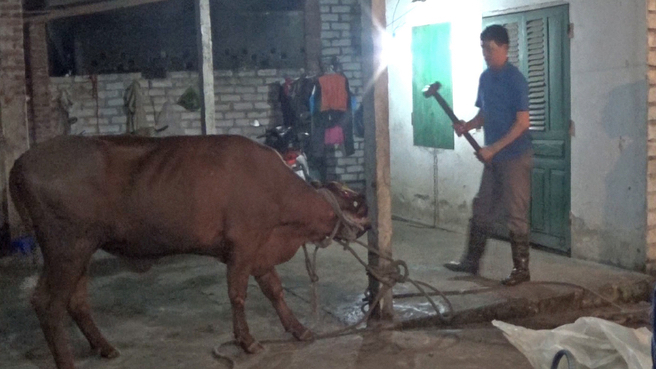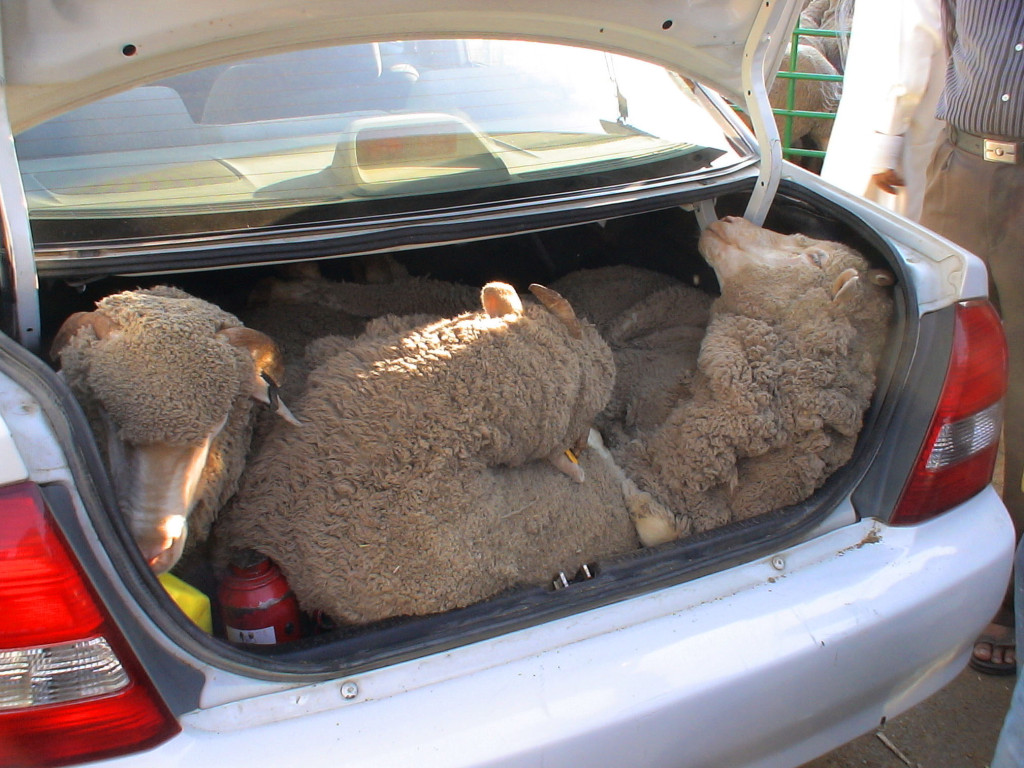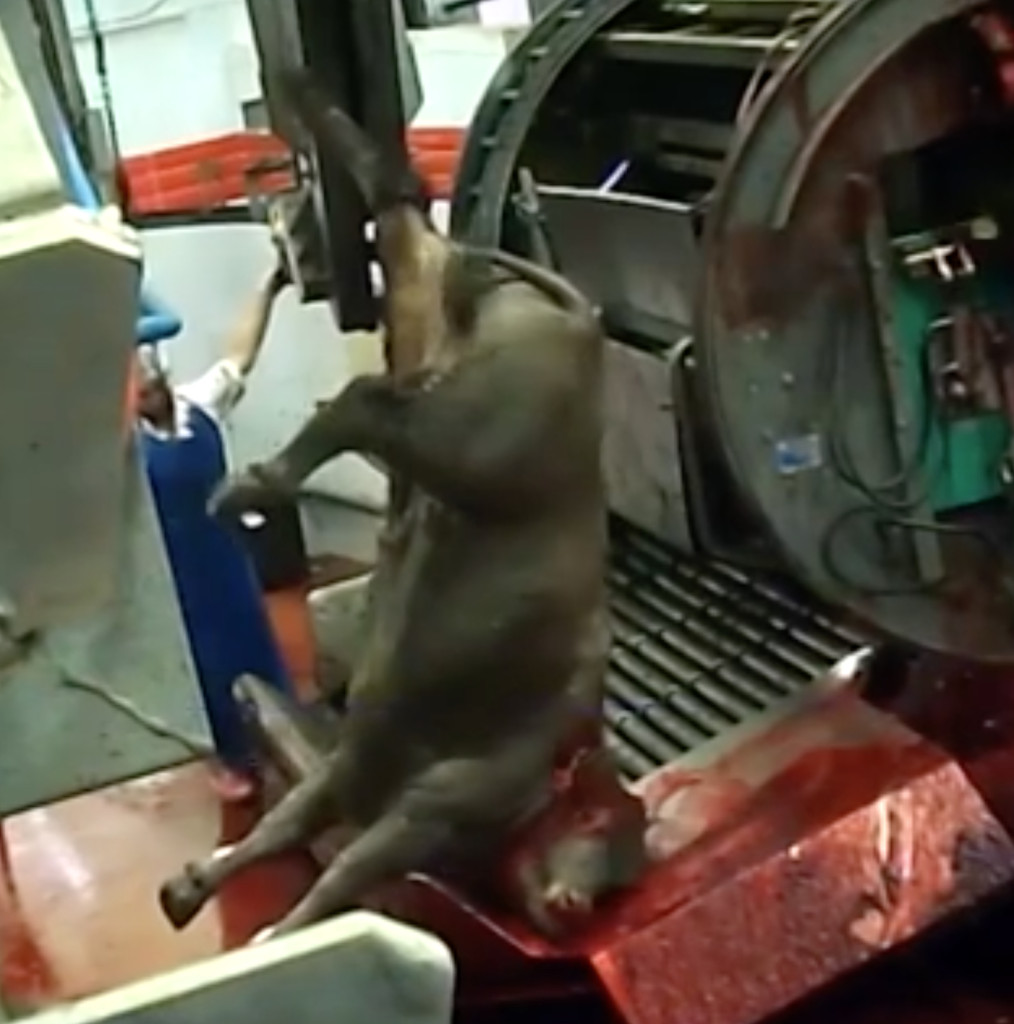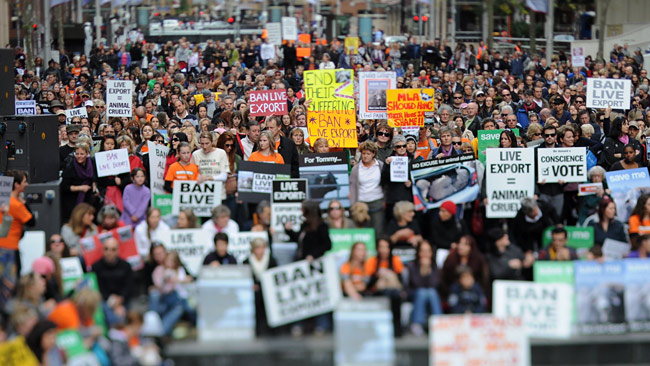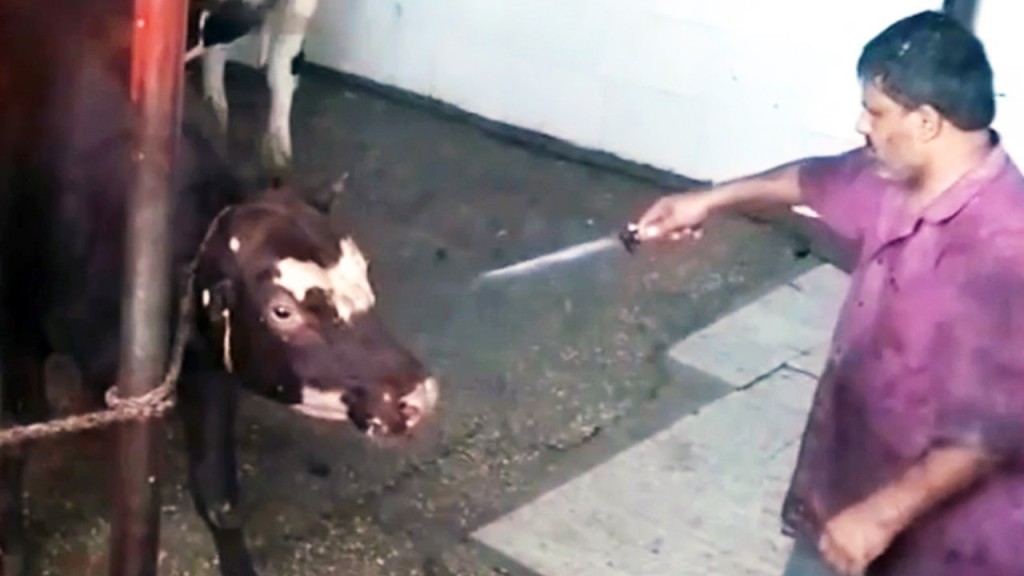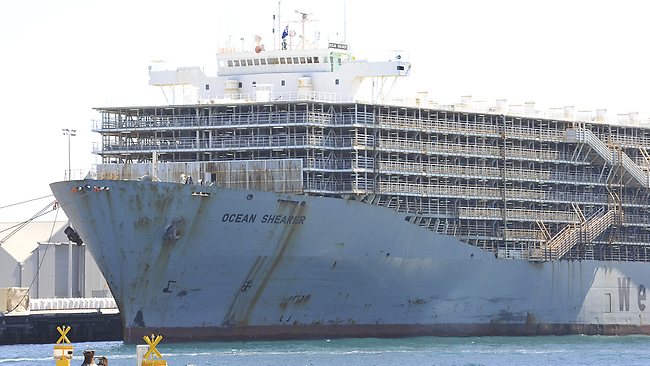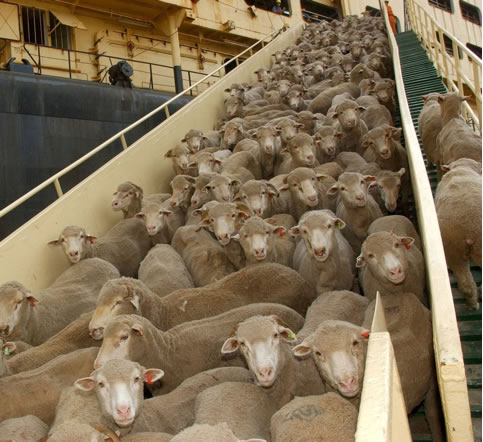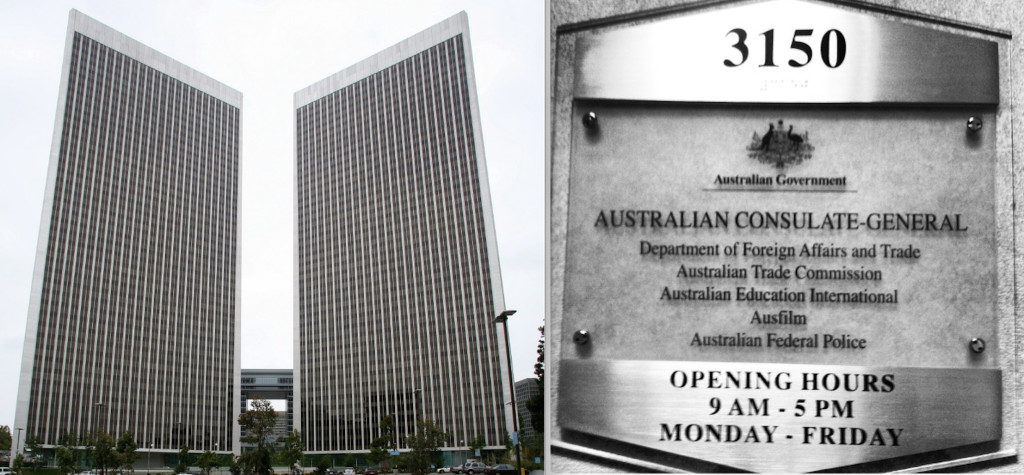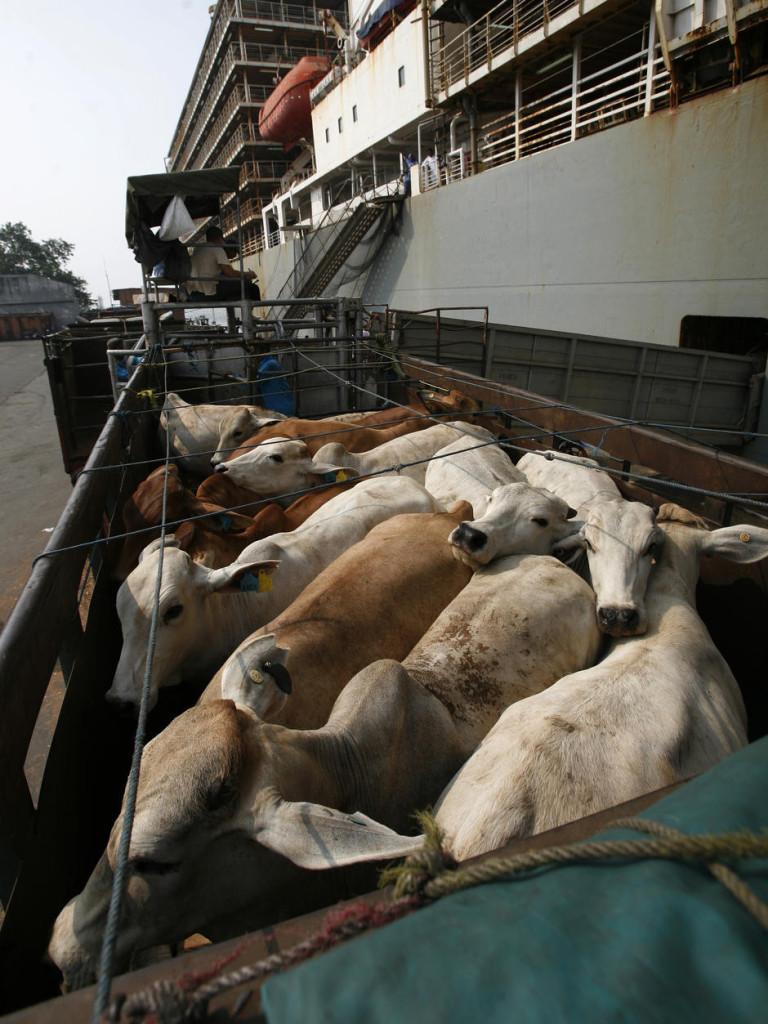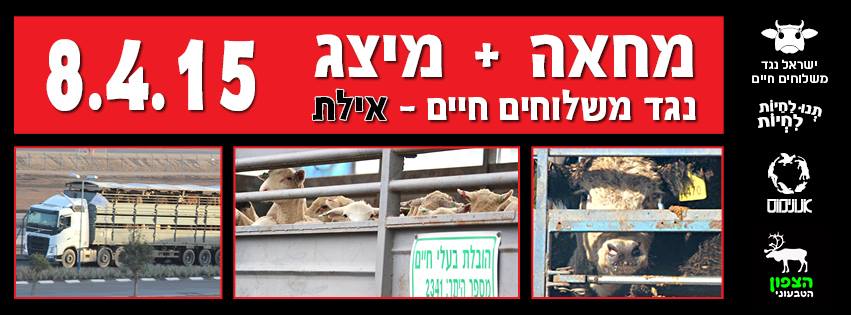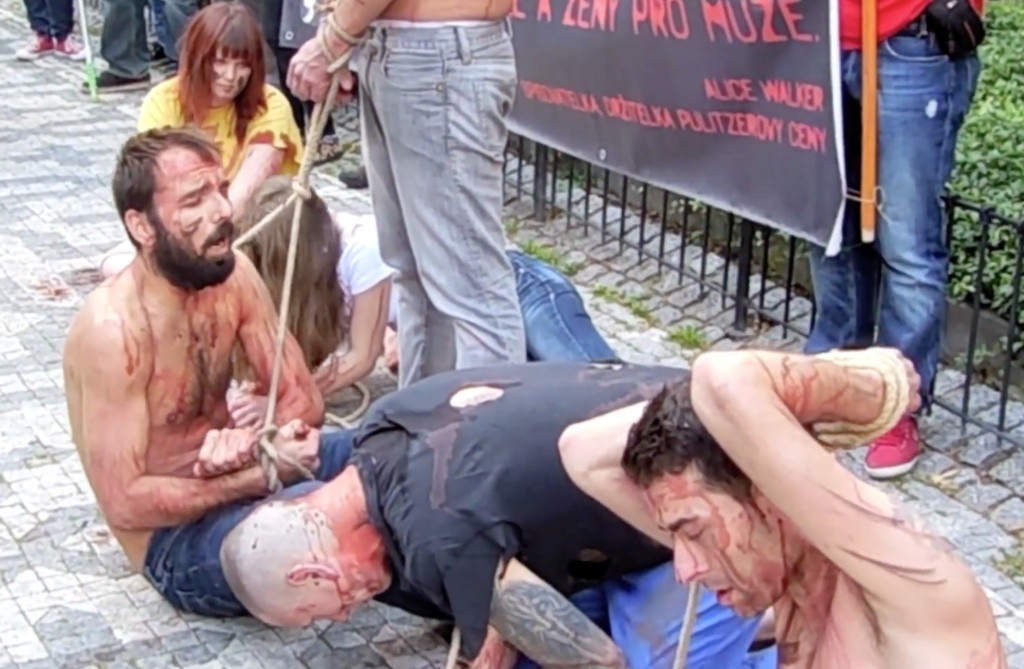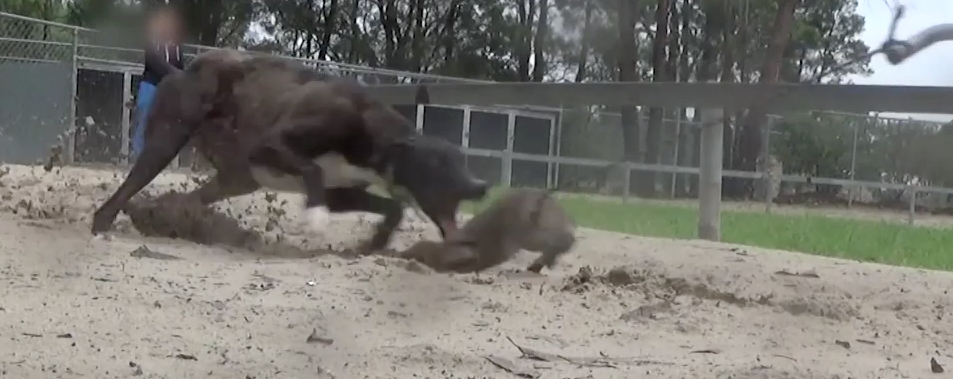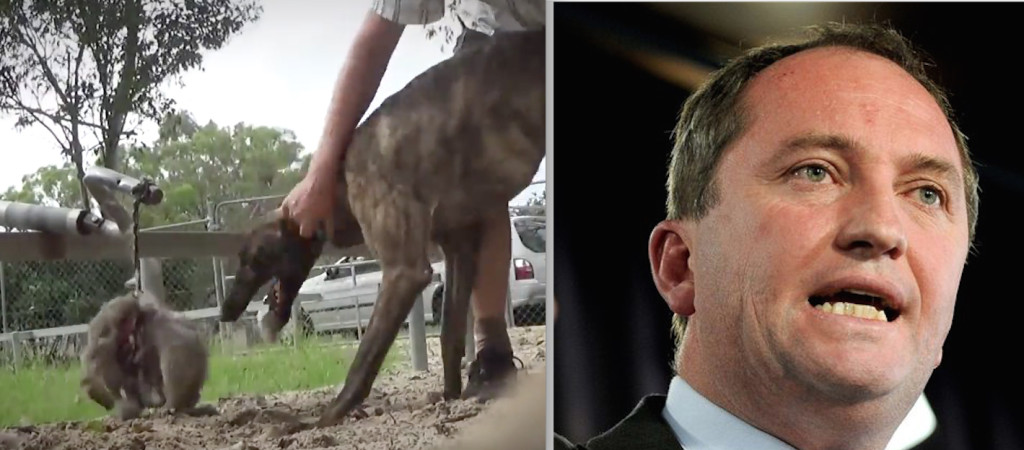Will Dr. Fauci Call for Closure of U.S. Wet Markets?
The News
During an interview on Fox News on April 4, Dr. Anthony Fauci, the Director of the National Institute of Allergy and Infectious Disease, said that wet markets in “certain countries” should be shut down. While he did not specify the countries, he was referring to China, which is where COVID-19 is believed to have jumped from animal to human, and to other Asian countries that have similar wet markets that sell and slaughter live animals. Dr. Fauci made no mention of wet markets in the United States:
“I think they should shut down those things right away. It boggles my mind how, when we have so many diseases that emanate out of that unusual human/animal interface ,that we don’t just shut it down. There are certain countries in which this is very commonplace. I would like to see the rest of the world really lean with a lot of pressure on those countries that have that because what we’re going through right now is a direct result of that.”
“Why would Dr. Fauci call on world leaders to pressure countries in Asia to shut down their wet markets without calling for the closure of live animal markets in his own country?” said Jill Carnegie, co-organizer of Slaughter Free NYC, an advocacy group working to shut down NYC’s 80+ wet markets and slaughterhouses. “Do we need to wait for an outbreak of a novel strain of bird flu or swine flu before shutting down these breeding grounds of infectious disease?”
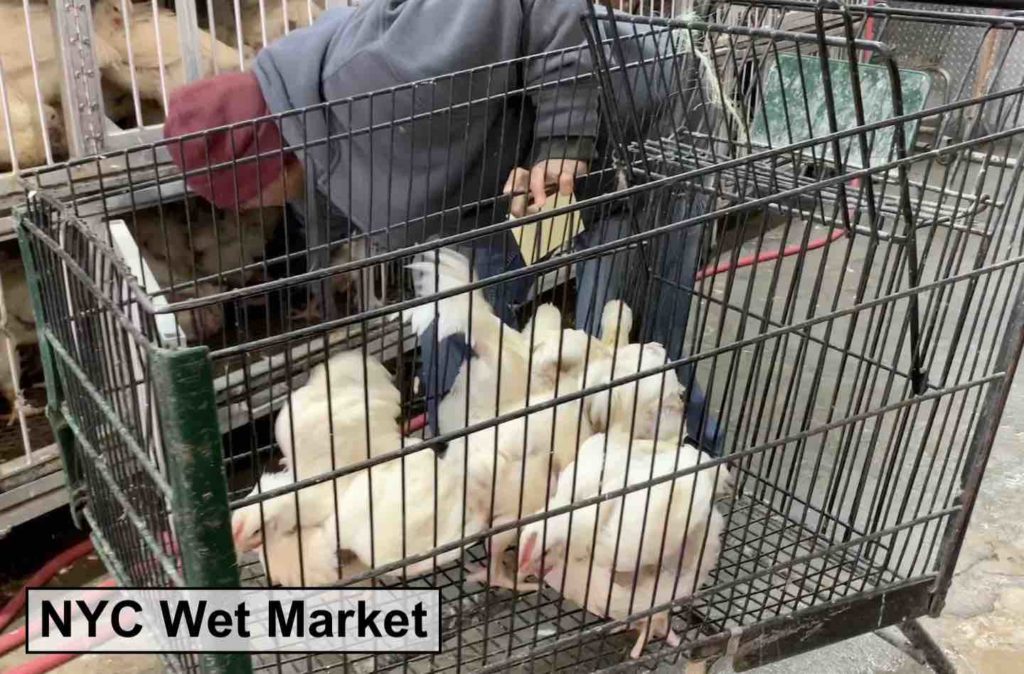
Wet markets in NYC sell at least 10 species of live animals and slaughter them on site for their customers.
Following Dr. Fauci’s remarks, several mainstream media news outlets, including CNN, ran substantive stories in which they aired footage of Asian wet markets, but they did not not address the widespread prevalence of wet markets in the United States. Through videos, letters, petitions and social media, animal advocacy groups are working to inform both the mainstream media and Dr. Fauci of the presence of wet markets in the United States, including three in Bensonhurst, the Brooklyn neighborhood where he was raised.
On April 7th, the Physicians Committee for Responsible Medicine (PCRM), a nonprofit health organization of 12,000 physicians, sent a letter to the U.S. Surgeon General urging him to shut down live markets in the United States:
“There must not be another pandemic. To ‘prevent the introduction, transmission, and spread of communicable diseases’ in the United States, the Surgeon General must promulgate regulations that prohibit the sale, transfer, donation, other commercial or public offering, or transportation, in interstate or intrastate commerce, of live birds, mammals, reptiles, and amphibians to retail facilities that hold live animals intended for human consumption.”
Dr. Neal Barnard, PCRM’s President, announced the news on a live webcast with TV journalist Jane Velez-Mitchell.
People for the Ethical Treatment of Animals (PETA) is also calling for the closure of wet markets. In a letter to Tedros Adhanom Ghebreyesus, the Director-General of the World Health Organization, PETA President Ingrid Newkirk wrote, “On behalf of PETA and our more than 6.5 million members and supporters worldwide, we respectfully ask that you call for the immediate and permanent closure of these markets, in which dangerous viruses and other pathogens flourish.
In several American cities, including New York, Chicago and Los Angeles, animal advocacy groups have been, through lobbying, litigation and protest, sounding alarm bells about the wet markets for the past several years — long before the COVID-19 outbreak. In New York City, a lawsuit filed by neighbors of one annual wet market reached New York State’s highest court. The lawyer for the plaintiffs argued that the Court should mandate that the NYPD and Dept. of Health enforce the 15 City and State laws that are violated by this wet market. The Court of Appeals judges ruled that municipalities have discretion over which of its own laws to enforce.
While the wet markets in the United States do not sell bats and pangolins, the animals believed to have transmitted COVID-19 to humans, they do intensively confine thousands of animals, some of whom are visibly ill, in pens and cages where customers shop. In one Brooklyn wet market, where animals are used in an annual religious sacrifice, customers handle the animals themselves — purchasing live chickens and swinging them around their heads before bringing them to a ritual slaughterer. According to a toxicologist who conducted an investigation on behalf of area residents, the wet market activities “pose a significant public health hazard.”
Filed under: Food
Tagged with: Kaporos, live exports, slaughter



